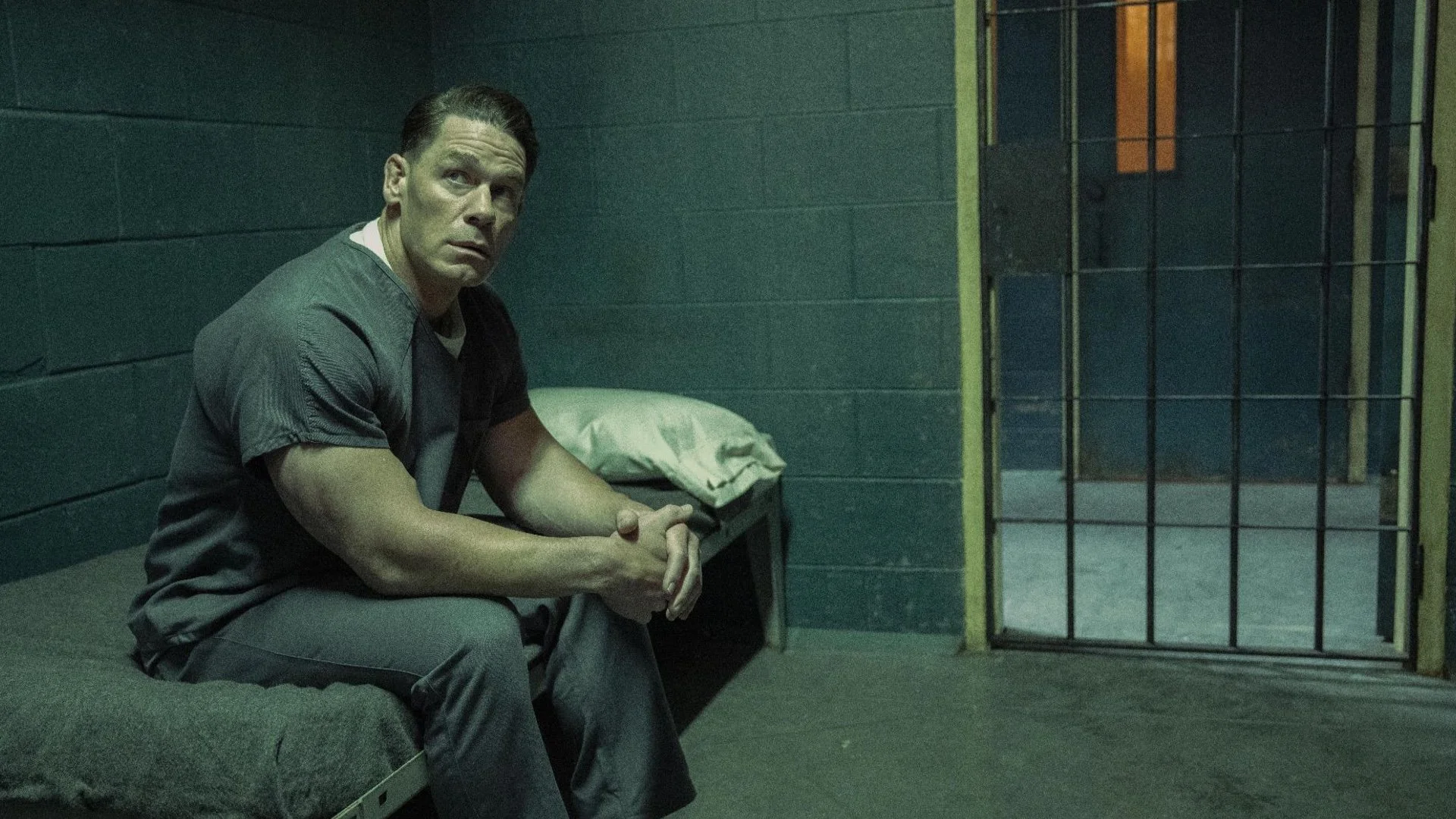
Making plans for the future (even longer than a day) in modern realities has become problematic: the situation in the world, and especially in Russia, is changing at a cosmic pace. Many freeze in anxious anticipation, while others take fate into their own hands, but now it is not always clear how and where they will move. But it is clear that it will not be the same as before, so it is time to talk about what will change in our lives on all fronts, from the economy to the social structure. The stars (those in the sky) have already given us their predictions, now the word is given to people who trust facts, science and analytics: political scientists, economists and futurologists.
What trends are emerging right now? In which areas should it improve? How will we live in the next 10 years?
We answer the main questions of this year together with the experts!
Trends in business, politics, economy and public life
There is a clear tendency to occupy empty niches. It is worth noting that some of the companies that “leaved” are trying to legally re-register the business in order to continue operating, but for Russian owners as Russian companies. Some companies are trying to create more “Russian” products to play on the patriotic feelings of consumers. In addition, new names similar to international companies leaving business are being actively registered in order to use consumers as potential new businesses.
The main thing is state regulation, which will permeate all spheres of life. It is the direct regulation of prices, orders, rules of the game, supplies, perhaps the redistribution of property.
The second trend is still in its infancy, but will intensify – it is the long-term restructuring of Russia into the Chinese sphere of influence.
The third trend, in fact, is the growing role of the Caucasian and Asian countries of the CIS, which currently serves as a buffer for Russia’s interaction with the outside world, many financial transactions pass through them, it is clear that the supply of goods is open. It will also pass through the CIS countries.
In what areas do people improve to stay competitive?
There is a huge demand for inexpensive casual wear. Many Russian manufacturers are trying to satisfy this, but so far the price is much higher than in the currently closed mass markets. SMM specialists for VKontakte and Telegram are also in demand. This is also a great opportunity for new app developers to replace disabled apps leaving Russian platforms.
The fields of IT and medicine remain promising, with a trend for advanced skills (so-called soft skills): communication, networking, psychological stability.
Which sanctions will hit Russia harder (or have already hit)?
Food shortages for ordinary citizens will soon become the most tangible and painful. Many companies stop the delivery of their products to Russia, most of the goods produced in the country cannot do without imported components. And foreign companies ready to procure face more challenges due to the suspension of their supply chains. Medicines and medical equipment shortages can be particularly painful. The manufacture of cars, trains and almost any equipment is impossible without foreign materials.
If the oil and gas embargo comes into effect, it will hit us the hardest. But even if this does not happen, in the long run Europe and other countries will minimize their dependence on Russian energy carriers.
Second, the freezing of Russian assets – our 300 billion reserves suddenly became unusable.
Third, supply chain and production – Russia has been involved in the international division of labor, and the deterioration of these relations negatively affects our economy. In particular, the ban on the supply of high-tech equipment, computer equipment, software – in any area, dependence on imports was great.
Economic downturn: What to prepare for?
A sharp increase in the unemployment rate due to the departure of international companies or a decrease in production; shortage of food products (this is a serious decrease in investment attractiveness of Russia).
All the problems that arise now are long gone. There is no need to console yourself with the fact that in three months the world will be the same as before – in the next two years we will observe a crisis. Two years will be a 10-15% decline in GDP (depending on how effective the anti-crisis measures are), followed by another two or three years of recession. In a way, the situation will be similar to the 90s, with a realignment coming to China, India and Asia. Then, within five years, slow growth will begin – 1-2% slower than the rest of the world. In total, we will spend 10 years on a complete reconstruction.
It should be understood that the standard of living will not be restored to the previous level. Most likely, even after 10 years there will be a cyclical economic crisis, the economy will develop differently (IT, new sectors related to medicine), but the areas that have sagged now will continue to sag.
The possibility of argument and rivalry leaves life, which means less rational decisions will be made. It will be difficult for culture and business to function normally.
Are there positive trends or opportunities for improvement for people? Peace?
Any crisis is, of course, a sea of opportunities. You can evaluate the vacant niches and increasing demand, try to close them with your own production, retrain for more popular professions. A crisis of this magnitude could provoke social unrest and affect the political regime in Russia.
We have spoiled our international image, in fact, we have created global risks. But there are positive trends around the world – now an agenda has been set to be implemented for several decades. This is economic growth, which includes the restoration of the economy, the overcoming of global climate change, the transition to sustainable development, that is, overcoming economic and social problems.
To what extent are past predictions not relevant today?
As the experience of the last few months shows, the situation is changing every day, it is impossible to predict the development of events. Analysts are now looking at current trends and can predict several possible scenarios. It’s worth noting that the West uses an incomplete arsenal of sanctions, so it’s hard to make a guess without knowing what other restrictions might come into effect.
What should local entrepreneurs do? Future (should it open and where) and present (how to save)?
Now the government will actively undertake methods to promote import substitution and the development of Russian trade. I recommend keeping your pulse to watch for such attempts. So you can track where there is high demand and low supply, and you can also get support at the beginning. In the future, economic ties with China will be established with the aim of shifting the flow of imports from the West to the East.
To begin with, we need to complete the active phase of the special military operation, then it will be possible to develop it.
For those who are planning to start something now, I advise them to stop and hurry in terms of The Matrix, we are now at the stage where a new reality and new rules of the game are loaded. It is better not to start processes now, as you cannot touch anything on the computer during the Windows update. Many things are incomprehensible in terms of legislation, supply chains, financial transactions, banking processes.
How to save? It may be worth revising the standards for existing reserves: financial airbag, component stocks, goods. These reserves should be increased. In addition, I advise you to abandon the ruble and risky assets for more reliable ones – currency, gold, real estate.
What skills from the “past life” are important to apply, continue to develop today?
Russia has repeatedly faced both political and economic crises in its history. As experience shows, it is worth using the support provided by the state, but you should not count on full-fledged help. It can be tax breaks, credit holidays. It will be effective to seek Russian investors who can financially support promising sectors of Russian trade.
Many have now developed (or have already developed) the ability to handle crisis situations. Every Russian is a bit of a crisis manager. It is possible and necessary to remember how previous crises were overcome, to analyze what mistakes were made.
We are now moving from the industrial and post-industrial stages to the digital, creative age. Improve your IT skills as much as possible.
In the new reality, when large institutions fail, if you are part of business or professional communities, you can be more resilient if you have connections, good communication skills.
Now, is it possible to imagine, for example, what Russia will look like in a year?
Everything depends on the outcome of the special military operation. What objectives and under what conditions will be achieved, when and under what conditions the operation will be completed, what will be the international response. Sanctions are applied quickly, but lifted for a long time. Therefore, there are two ways: pessimistic and optimistic. If the West does not accept the outcome of the operation, the situation in the country will become more difficult. Many businesses will go bankrupt, many people will be unemployed, the number of poor will increase, there will be shortages of goods and medicines. It will take decades to restore the economy, possibly within a year the full extent of the problems will not be realized. With a positive outcome, the economic recovery will be faster, but the next five years will still be difficult.
Strengthening the role of the state, isolation, aggravation of local regional conflicts and problems, changing the role of women to a secondary role (transition to a patriarchal society), economic problems and the struggle against the unspoken – trends that have already begun and are unlikely to stop. There is also a more pessimistic scenario when special operations turns into a larger conflict – then Russia will be a completely different country in a year, which is hard for me to imagine.
Is there an error in the text? Select it and press Ctrl + Enter
Source: People Talk




